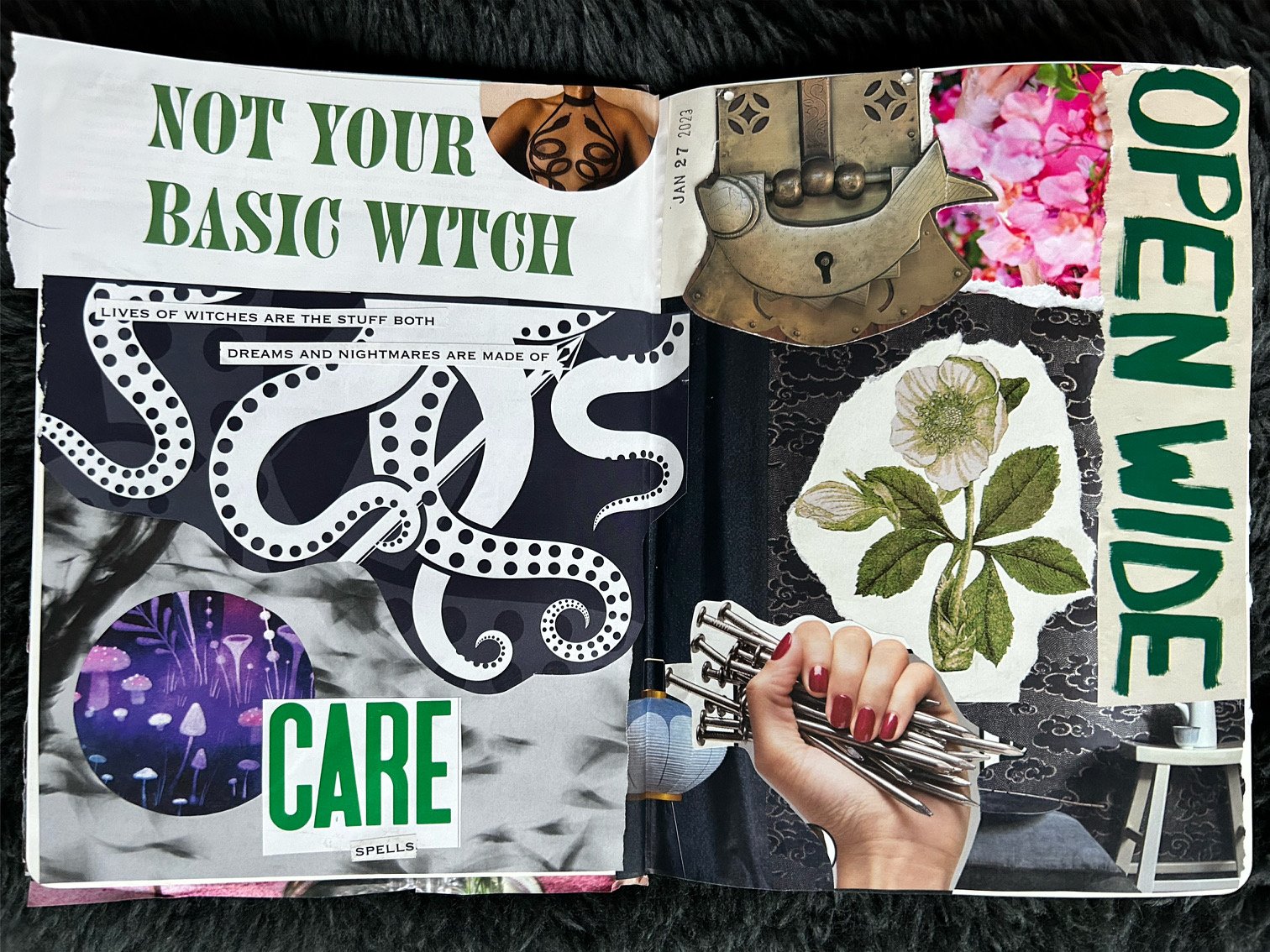
Mindy Tsonas Choi
Mindy is a maker, mah nyuh 마녀, and cultural organizer who facilitates circles of creativity, collective belonging and care.
She believes in using art and alchemy as mediums for connection, somatic healing and radical change. As a transracial, transnational adopted person from the South Korean diaspora, this deeply informs her embodied perspective on how we belong with ourselves and one another.
Mindy’s work is focused towards:
Expressive and embodied art practices for collective and interpersonal healing
Relational somatics as a tool for secure attachment and repair
Belonging as inherent interdependence, not individual safety
Korean adoptee and AAPI advocacy
Queer and kink community organizing
Elemental alchemy cycles informed by an East Asian animist perspective
Pleasure, play, and radical imagination as regeneration and care
A Story of Reclaiming Belonging
As a transracial, intercountry adopted person, it has been critical for me to understand the harmful dominant systems that created my separation and otherness to reclaim my truth and belonging. Coming out of the adoptee fog has been both a heart-opening and painful journey of rediscovery. In a culture that is always reinforcing ways I do not belong, my life experiences and intersecting identities have urged me to get to the root of how belonging functions and operates.
Through years of searching, learning and healing, I’ve come to see how capitalist narratives co-opt and commodify belonging into something separate, individual and external - which can be lost or gained, bought and sold.
It has also been through my ongoing process of reclaiming my lost Korean heritage, that I have learned about the cultural idea of Jeong (a word we do not have an equivalent for in English and most western perspectives), which means something akin to a broadly unified and anchoring collective kinship, care, good-will and shared struggle connecting all Koreans.
Finding my way back to belonging with myself and other beings, I realize is not a single destination as much as it is a reorientation, a radical act, a lifelong practice, and a wild mystical calling.
Cultural Bio
Along with nearly 200,000 other children, I became part of the late, first wave of international adoptions out of post-war Korea to the US in 1972 at the age of 10 months old. I grew up in a loving, upper middle class, all white family and community just north of Boston. Though I had access to many “opportunities for a better life”, unnamed and unaware, I deeply struggled with the inherent trauma of my adoption, forced assimilation, and resulting racism and othering for most of my life.
In my early 30's, just after the arrival of my first child and my first trip back to Korea, creativity became the catalyst and portal through which I would finally begin to explore who I was on my own terms. Sharing my art and writing became a practice of being brave with my voice, finding my spirit and medicine, building community, and embodying my truth beyond trauma and oppression.
Creativity saved me, where systems, institutions and traditional western therapy, failed.
Through multiple facets and identities, over many seasons and decades with the help of countless artists, healers, therapists, facilitators, activists and mentors, my personal healing and reclamation has been iterative, incremental and ongoing.
During the summer of 2020, with the full support of my family, I actively began my birth family search. It took me half a lifetime and a global and racial pandemic to make such a potentially life-changing decision.
For now, I am still searching and healing towards wholeness and belonging everyday. I’m actively living the questions (Rilke) and learning to love across wide oceans, both actual and metaphorical.
Location
I live and create on unceeded land of the Agawam, Pennacook, and Pawtucket peoples on the southern region of the Wabanaki Confederacy and what is currently known as Massachusetts. As a community-made and collectively supported artist, I grow more humble every day in this human experience as I aim to create and thrive within collapsing systems of racial capitalism and patriarchal colonial empire.






